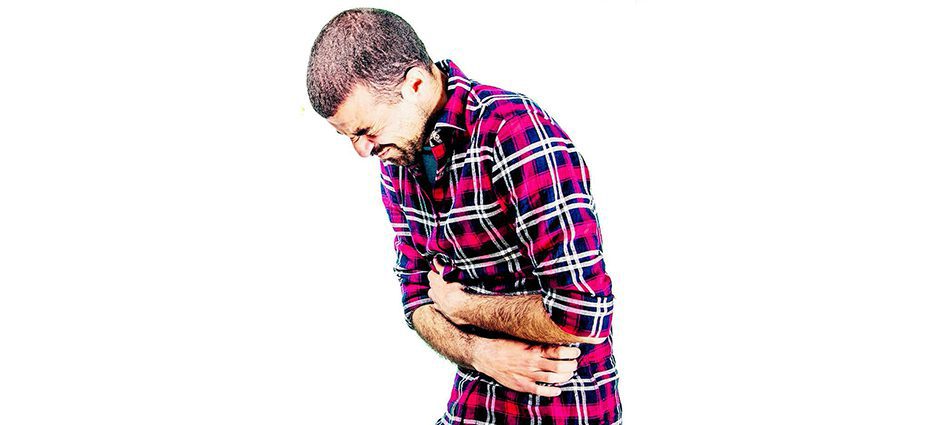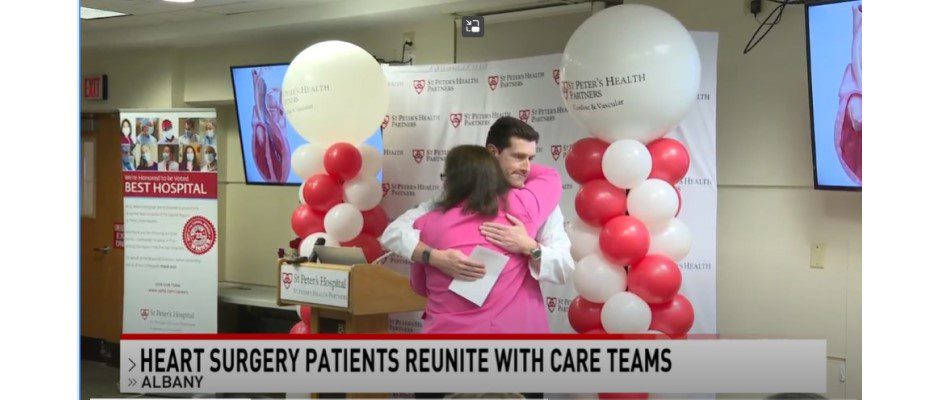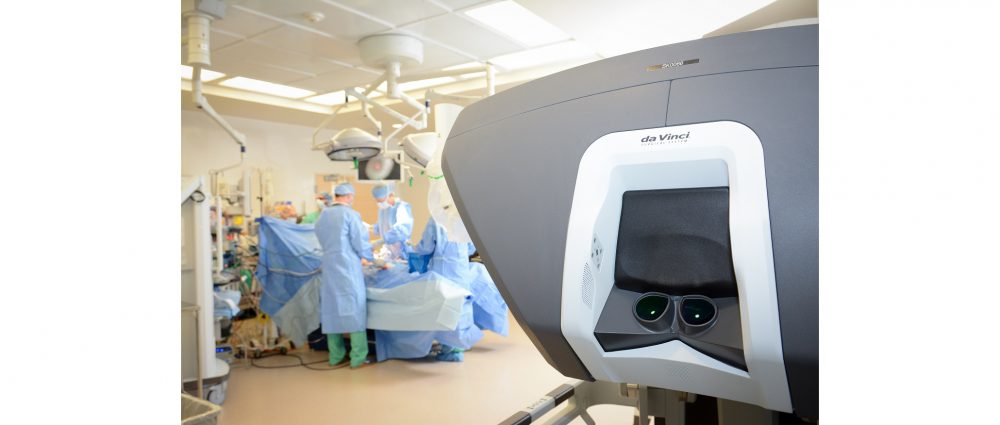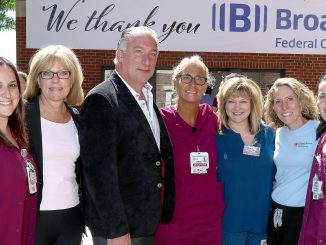
[This piece was written by Nora L. Yip, MD, of Capital District Colon and Rectal Surgery Associates and St. Peter’s Hospital.]
A healthy colon is a flexible tube lined with muscles. The colon absorbs water from stool (waste) and moves the stool out of your body. As you get older, small pouches called diverticula may form in the wall of your colon, a condition known as diverticulosis.
It is not clear what causes these pouches. Research suggests a low-fiber diet may play a role, as too little fiber in your diet can lead to hard stools and straining during bowel movements. Over time, this may increase the pressure in the colon and weaken the colon wall, causing diverticulosis.
As this condition rarely cases symptoms, it is most often diagnosed during testing for other colon or digestive problems. Diverticulosis generally doesn’t require medical treatment and there is no cure. But, you can take steps to manage it including:
- Be more active. Frequent exercise may help make bowel movements more regular and may also prevent constipation.
- Avoid straining during bowel movements. Straining increases pressure in the colon, which may encourage pouches to form.
- Certain diet changes such as eating more fiber and drinking more water. Fiber adds bulk to stool and absorbs water as it moves through the colon. This makes stools softer and easier to pass. Foods high in fiber include vegetables, fruits, and whole grains.
- Your physician may recommend over-the-counter fiber supplements. Medications may also be prescribed in some cases.
Medical treatment is often needed if one of these pouches forms a small hole or tear and then becomes infected or inflamed. This condition is called diverticulitis. The most common symptoms of diverticulitis are pain and tenderness in the left lower abdomen. Fever, nausea, vomiting, constipation and diarrhea can also occur.
Diverticulitis can lead to serious complications, such as infection of the abdominal cavity or blockage of the colon. If your doctor suspects diverticulitis, he or she will ask about your symptoms and health history. Tests, such as CT scan or colonoscopy, may also be done. Based on the results, you and your doctor can then discuss treatment options.
Mild diverticulitis may be treated at home. You’ll need to rest, take oral antibiotics, and be on a liquid diet for a few days. Moderate to severe diverticulitis often requires treatment in the hospital where you’ll be given intravenous fluids and antibiotics for several days. Following discharge, you will likely take antibiotics for an additional week or two.
In certain cases of severe diverticulitis, your doctor may recommend surgery to remove the affected part of the colon (partial colon resection). The decision to recommend surgery is based on a number of factors including your age, overall health, the severity of your infection and symptoms, and whether you’ve had repeated bouts of diverticulitis.
Capital District Colon & Rectal Surgery Associates (CDCRSA) is located on the St. Peter’s Hospital campus at 319 South Manning Blvd., Suite 310, in Albany. The physicians at CDCRSA are specialty-trained colorectal surgeons who diagnose and treat colon and rectal problems with excellence, compassion and competence. For information, call (518) 438-2776.





